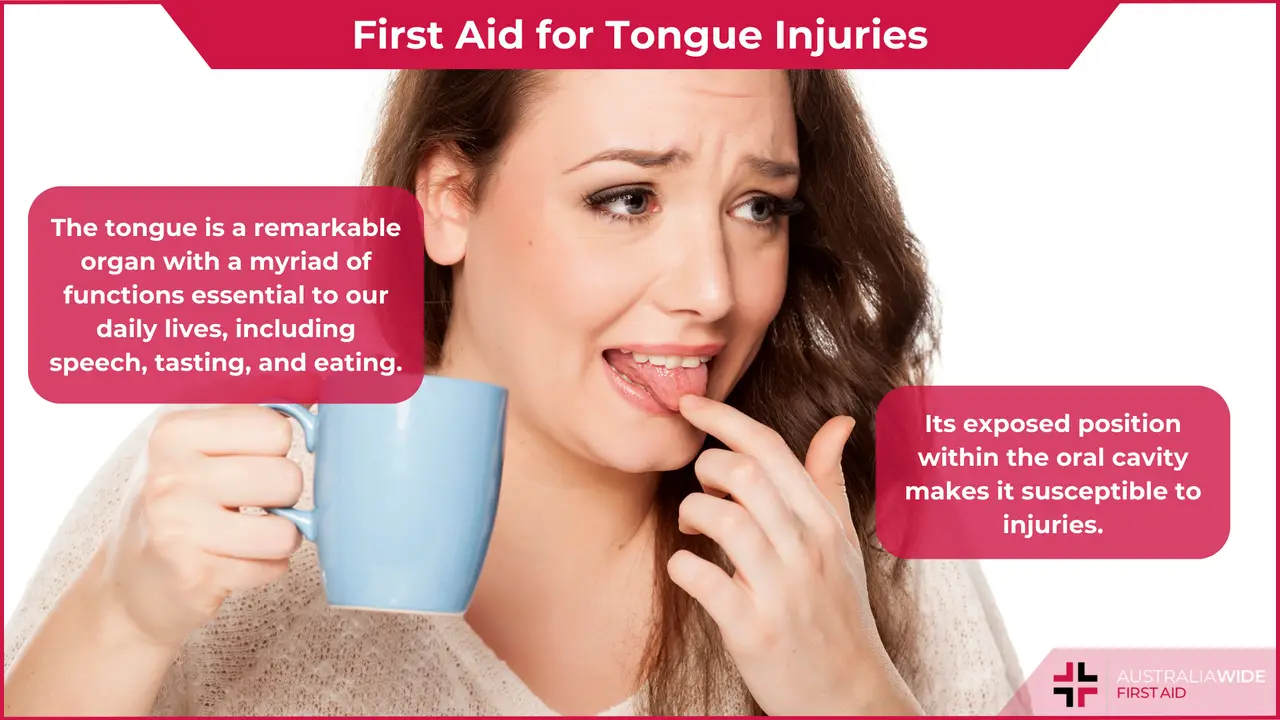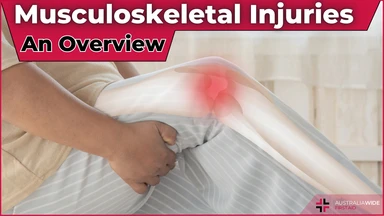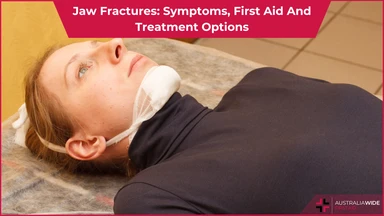First Aid for Tongue Injuries


The tongue is a remarkable organ with a myriad of functions essential to our daily lives, including speech, tasting, and eating.
Its exposed position within the oral cavity, however, makes it susceptible to injuries.
While many tongue injuries are minor and can be managed at home, some may require prompt medical attention.
In this comprehensive guide, we will explore the various causes of tongue injuries, provide detailed instructions on administering first aid, and discuss the critical situations that warrant immediate dental/medical consultation.
Accidental Biting
One of the most common causes of tongue injuries is accidental biting, often occurring during eating, speaking, or even sleeping. These injuries result from the sudden and unintentional closure of the jaws, which can catch the tongue and cause minor abrasions, lacerations, or bruising.
Sharp Objects
Consuming foods with sharp or hard components, such as toothpicks, fish bones, or chips, can lead to tongue injuries. Sometimes, we unknowingly may hold a pin with our lips which can lead to injury. These objects may inadvertently pierce or cut the tongue during consumption.
Burns
Thermal burns can occur when hot foods or beverages come into contact with the tongue. This type of injury can cause significant pain and discomfort.
Chemical Irritants
Certain foods, beverages, or chemicals, such as spicy sauces, acidic substances, or even oral hygiene products with high alcohol content, can cause chemical burns or irritation when they come into contact with the tongue.
Traumatic Events
Falls, road traffic accidents, or impacts to the face or mouth can result in tongue injuries, including cuts, bruises, and even fractures. These injuries can be quite painful and require proper care.
Oral Piercings
Tongue piercings, though considered a form of self-expression, can sometimes lead to tongue injuries. Complications may include swelling, infection, or damage to the tongue tissue around the piercing site.
Assess the Injury
Begin by carefully examining the tongue to assess the extent of the injury. Look for cuts, lacerations, swelling, or signs of foreign objects embedded in the tongue.
Rinse with Lukewarm Water
Gently rinse the mouth with lukewarm saltwater to cleanse the affected area and promote healing. Saltwater acts as a natural antiseptic and helps prevent infection. Avoid using hydrogen peroxide, as it can be too harsh on the injured tissue.
Control Bleeding
If the injury is actively bleeding, apply gentle pressure with a clean gauze pad or cloth to help control the bleeding. Hold the cloth against the wound for a few minutes until the bleeding subsides.
Cold Compress
To reduce swelling and alleviate pain, apply a cold compress or ice wrapped in a cloth to the outside of the mouth. Use this method in short intervals, as prolonged exposure to cold can lead to tissue damage.
Over-the-Counter Pain Relief
If there is significant pain, consider taking over-the-counter pain relievers such as ibuprofen or acetaminophen as directed on the packaging.
Avoid Irritating Foods
To prevent further irritation, refrain from consuming hot, spicy, or acidic foods and beverages until the injury has healed. Stick to a soft and bland diet during the recovery period.
Oral Analgesic Gel
Over-the-counter oral analgesic gels or creams containing ingredients like benzocaine can provide temporary relief by numbing the affected area. Follow the product's usage instructions carefully.
Deep or Severe Lacerations
Deep or severe tongue lacerations that do not stop bleeding with pressure may require stitches. Seek medical attention promptly to prevent infection and ensure proper wound closure.
Excessive Bleeding
If the bleeding from the tongue injury is profuse or does not stop even after applying pressure for an extended period, seek immediate medical help to control the bleeding effectively.
Signs of Infection
Watch for signs of infection, which can include increasing pain, redness, swelling, discharge, or fever. If any of these symptoms appear, consult a healthcare professional for evaluation and potential treatment.
Difficulty Breathing or Swallowing
Tongue injuries that result in difficulty breathing or swallowing are emergencies. Call 000 or proceed to the nearest emergency room without delay for immediate assessment and intervention.
Persistent Pain and Swelling
If the pain and swelling persist or worsen after a few days, it is advisable to consult with a healthcare provider for a thorough evaluation. There may be underlying issues that require attention.
Recurrent or Chronic Issues
If you experience recurrent tongue injuries or chronic discomfort in the tongue area, consult with a dentist or an oral healthcare specialist. They can assess the situation, provide guidance on preventive measures, and address any potential underlying concerns.
Tongue injuries, although often minor, can be painful and may require proper care to promote healing and prevent complications.
By understanding the various causes, following appropriate first aid measures, and knowing when to seek medical attention, you can effectively manage tongue injuries and ensure the health and well-being of this vital organ.
Early and proper care can significantly impact the recovery process, allowing you to return to your normal activities and enjoy the full function of your tongue.

March 6, 2025
Falls are one of the most common causes of injury, particularly among children and older adults. Whether it’s a simple trip or a serious fall from height, knowing how to administer first aid can prevent further injury and, in some cases, save a life.

October 1, 2024
The musculoskeletal system is the foundation of human movement, support, and protection, playing a critical role in our ability to perform everyday tasks. Understanding the components and functions of the musculoskeletal system is essential for preventing injuries and managing conditions that may arise, particularly in workplaces where manual handling tasks are common.

August 28, 2024
A jaw fracture is a break or crack in the jawbone. This type of injury can occur due to various reasons and may result in considerable pain and difficulty in performing everyday activities like eating and speaking.